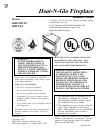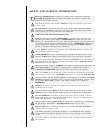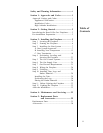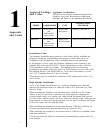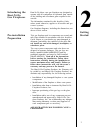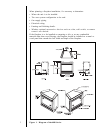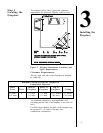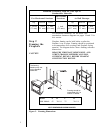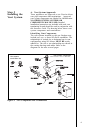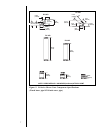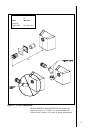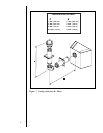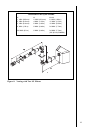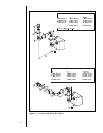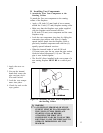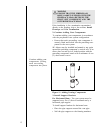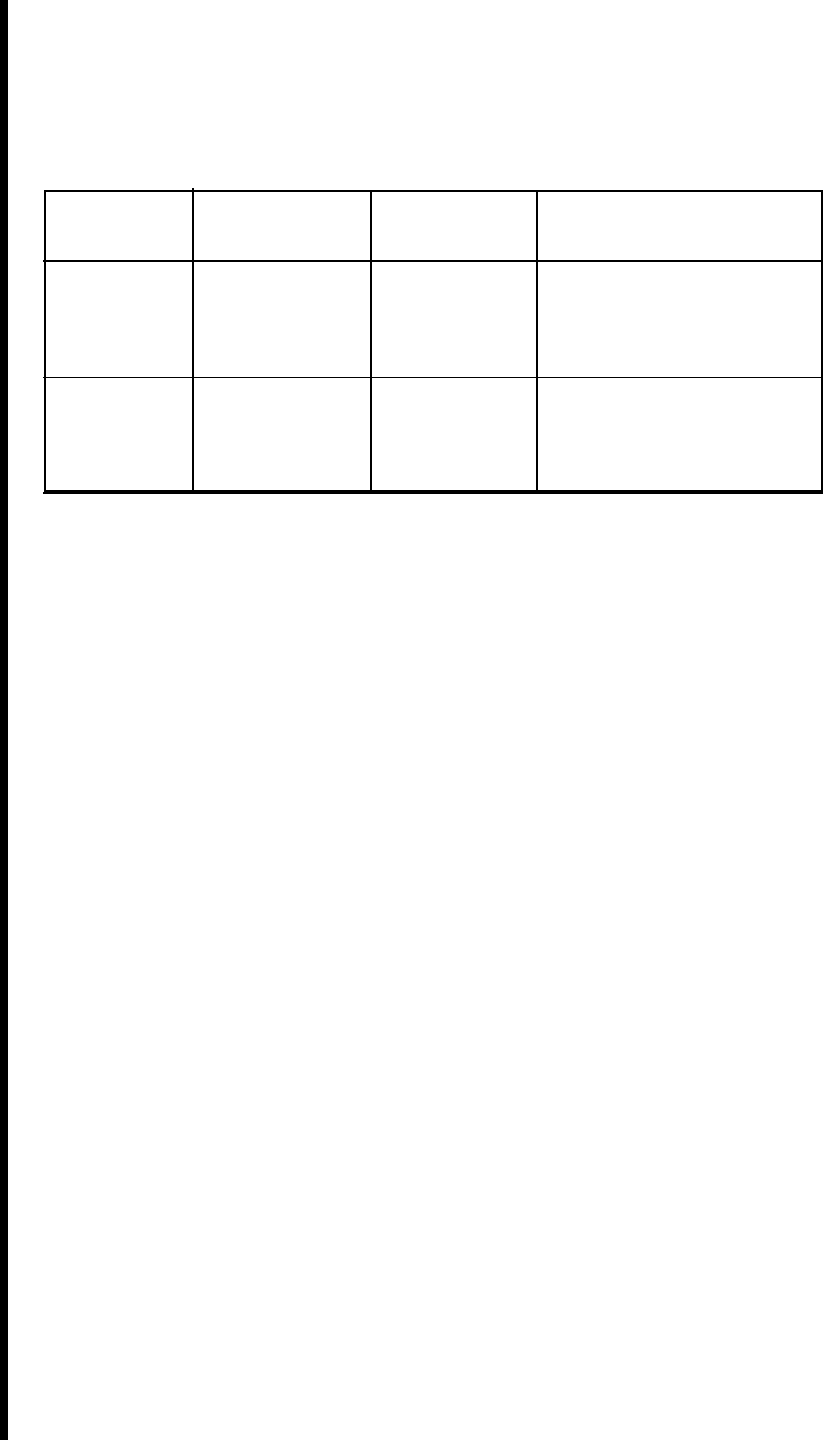
1
Approval Listings
and Codes
Appliance Certification
The Heat-N-Glo fireplace models discussed in this
Installers Guide have been tested to certification
standards and listed by the applicable laboratories.
CERTIFICATION
MODEL LABORATORY TYPE STANDARD
6000GDVFL A.G.A./CGA Direct Vent ANSI Z21.50CGA2.22
and Decorative
Underwriters
Laboratories
6000XLS A.G.A./CGA Direct Vent ANSI Z21.44/IR#41/CAN1-2.19
and Wall Furnace
Underwriters
Laboratories
Installation Codes
The fireplace installation must conform to local codes. Before installing the
fireplace, consult the local building code agency to ensure that you are in
compliance with all applicable codes, including permits and inspections.
In the absence of local codes, the fireplace installation must conform to the
National Fuel Gas Code ANSI Z223.1 (in the United States) or the CAN/CGA-
B149 Installation Codes (in Canada). The appliance must be electrically
grounded in accordance with local codes or, in the absence of local codes with
the National Electric Code ANSI/NFPA No. 70 (in the United States), or to the
CSA C22.1Canadian Electric Code (in Canada).
These models may be installed in a bedroom or bed-sitting room in the U.S.A.
and Canada.
High Altitude Installations
A.G.A./CGA Design Certified and U.L. Listed gas fireplaces are tested and
approved for elevations from 0 to 2,000 feet in the U.S.A. and from 0 to 4,500
feet in Canada.
When installing this fireplace at an elevation above 2,000 feet (in the United
States), it may be necessary to decrease the input rating by changing the
existing burner orifice to a smaller size. Input should be reduced four percent
(4%) for each 1,000 feet above sea level, unless the heating value of the gas has
been reduced, in which case this general rule will not apply. To identify the proper
orifice size, check with the local gas utility.
When installing this fireplace at an elevation between 2,000 and 4,500 feet (in
Canada), the input rating must be reduced by ten percent (10%).
When installing this fireplace at an elevation above 4,500 feet (in Canada), check
with local authorities.
Consult your local gas utility for assistance in determining the proper orifice for
your location.
1
Approvals
and Codes



